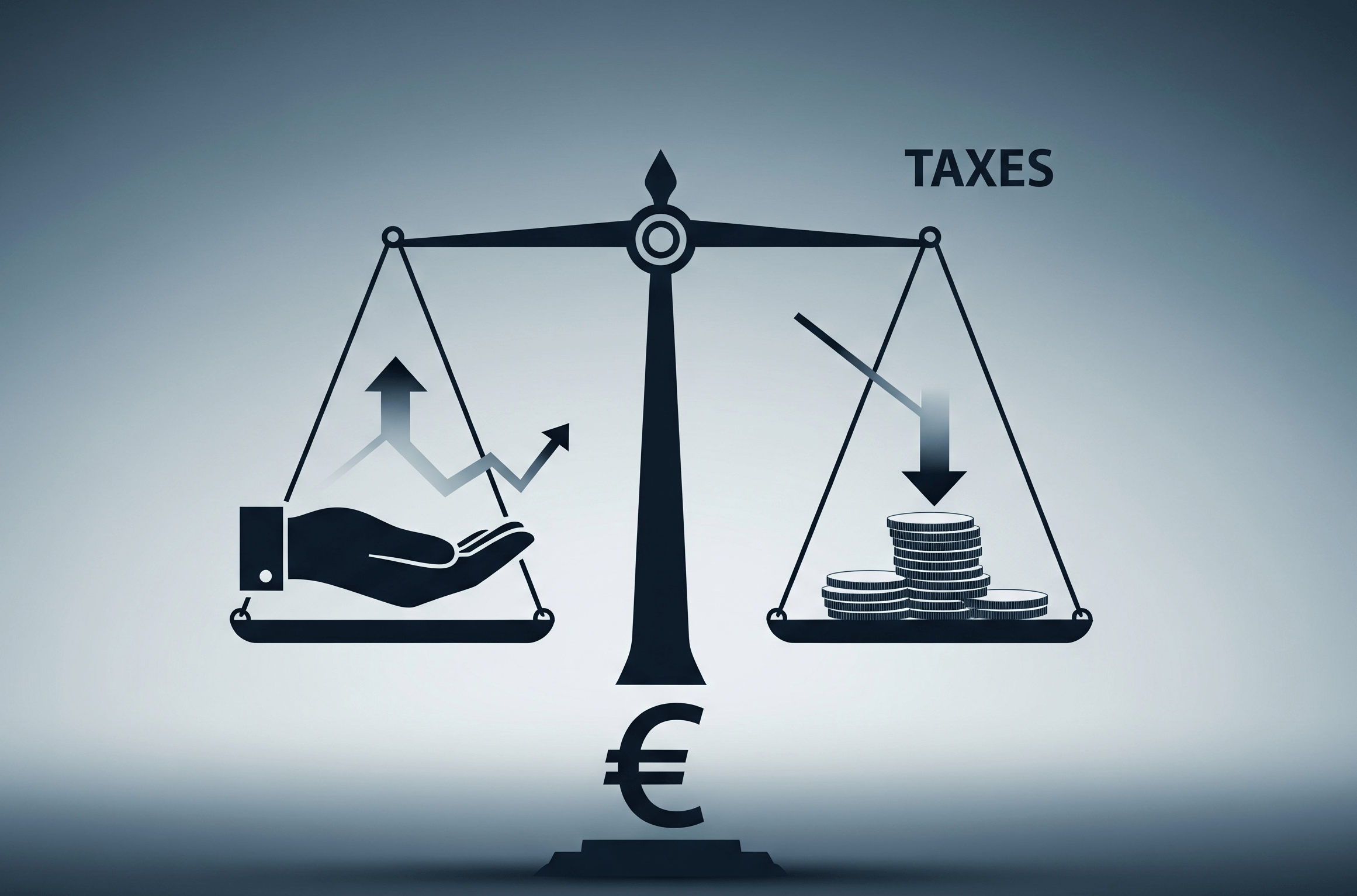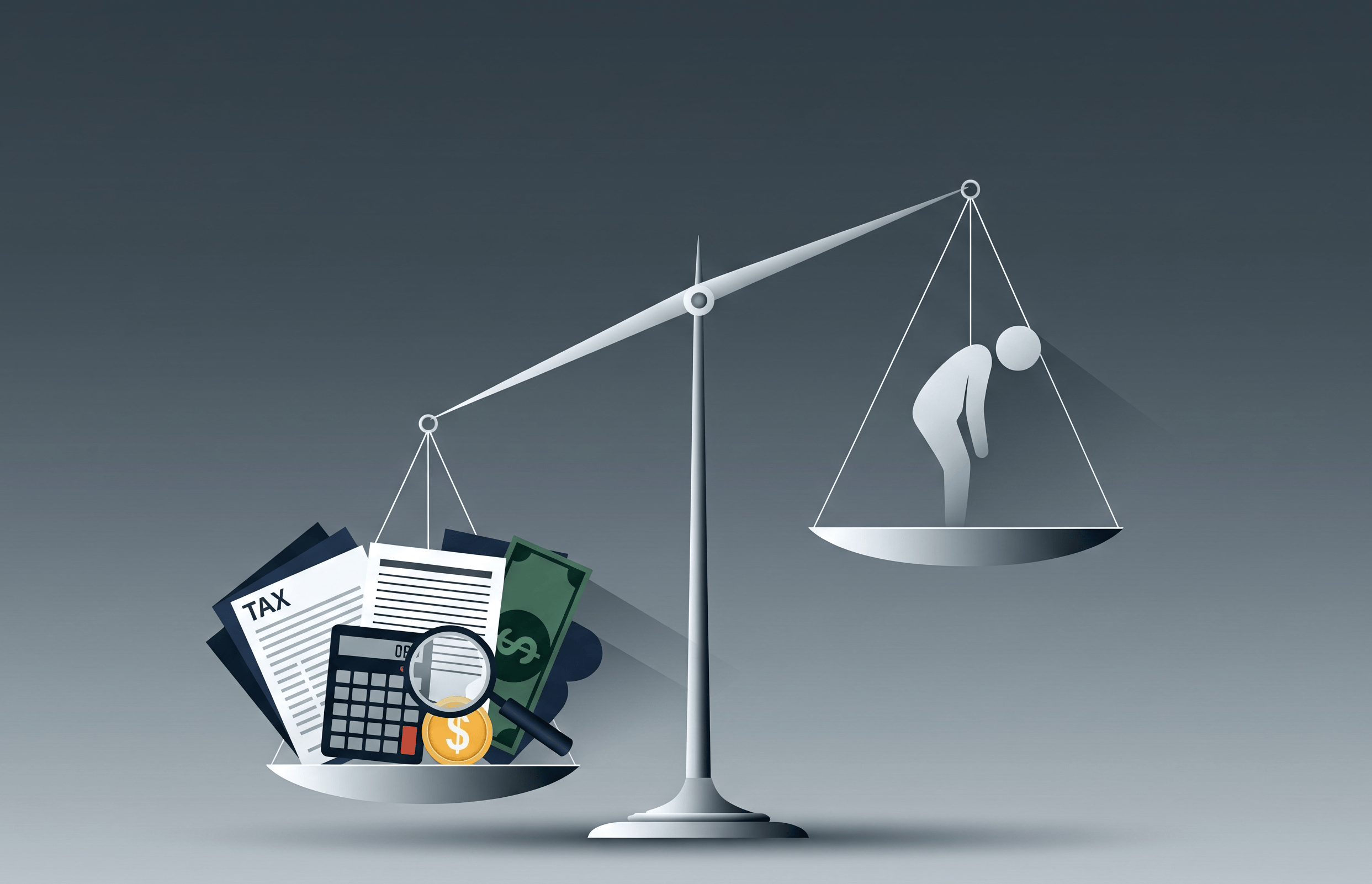Author: Vince Adriatico (Ex-banker with 750+ Credit Score)
Date: 6/26/2025
Unemployment benefits help cover the basics when you're out of work. But when it's time to file taxes, many people get caught off guard by one key question: Is unemployment taxable income? The answer is yes. At the federal level, these benefits are considered income, and many states treat them similarly. This article breaks down what that means for your taxes, how to avoid surprise bills, and what to do now to stay on track, whether you're still receiving unemployment or have already returned to work.
Why So Many People Miss This
It's common to assume that unemployment is just financial relief, not taxable money. You're not getting a paycheck, so why would it count as income?
However, according to the IRS, unemployment compensation is still considered income. It must be reported on your federal tax return just like wages. If you're not ready, you could have a lower refund or a surprise tax bill.
Is Unemployment Taxable Income on a Federal Level?
Yes. The IRS clearly states that unemployment is taxable income. You'll receive a Form 1099-G from your state's unemployment office, showing how much you collected over the year. That full amount must be included on your federal tax return.
There's no hardship exemption. No special deduction. And no way around reporting it.
If this is your first time receiving benefits, it's easy to overlook this step. Many people who return to work mid-year or take on side gigs are surprised when their income stacks up at tax time.
The 2020 Tax Waiver No Longer Applies
In 2020, the American Rescue Plan created a one-time break that excluded up to $10,200 in unemployment from federal taxes. That relief is over. There is no exemption for unemployment benefits in 2025. If you're asking, is unemployment taxable income today? The answer is still yes.
What About State and Local Taxes?
The federal government taxes unemployment. Some states do, too, but not all. Florida, Texas, Alaska, Nevada, South Dakota, Tennessee, and Wyoming don't have a state income tax. That means no state taxes on unemployment benefits. But most states, including California, Illinois, and New York, tax unemployment.
A few states offer limited exclusions or income thresholds. In some areas, local income tax applies. Check with your state's tax agency to confirm the rules that apply to you.
How to Avoid a Tax Surprise
One of the most common mistakes people make is assuming they won't owe anything. Turns out they are underpaid at tax time. There are two easy ways to prevent this:
1. Request Withholding from Your Benefits
You can ask your state to withhold 10% of each unemployment check for federal taxes. It's simple: fill out IRS Form W-4V and submit it to your state's unemployment office. That small amount can prevent a larger bill later.
2. Pay Quarterly Estimated Taxes
If you'd rather not withhold, or if your income changes mid-year, you can pay estimated quarterly taxes using IRS Form 1040-ES. This works well if you're also earning freelance or gig income.
Use the IRS Withholding Estimator
The IRS offers a free tool called the Tax Withholding Estimator. It helps you determine your tax amount based on your total income. If you've had a mix of income sources this year, it's worth checking in mid-year.
Other Taxable "Surprises" to Watch For
Is unemployment taxable income? Yes, but it's not the only thing that might increase what you owe. Here are a few other sources of taxable income that often get overlooked:
- Forgiven debt (such as canceled credit cards or student loans)
- Freelance or gig income with no withholding
- Lottery or gambling winnings
- Dividends from investments
Your total taxable income could be higher than expected if you collect unemployment and have received any of these. Staying organized throughout the year can help you avoid a messy tax season.

Are the Rules Changing Anytime Soon?
There's been talk in Washington about reshaping parts of the tax code. Some lawmakers are pushing to make certain types of income, like overtime or service tips, tax-free. But there's currently no federal proposal to remove taxes from unemployment benefits.
Until new legislation passes, the answer to "Is unemployment taxable income?" will continue to be yes.
What It Means for Your Credit Journey
If you've depended on unemployment this year, you're not alone. And it doesn't mean you have to hit pause on your financial goals. Building credit is still within reach- even if money's tight.
Cheers.Credit offers a credit builder loan that helps you create a positive payment history without using a credit card. You pick a repayment plan that fits your budget and make monthly payments, and we report those payments to all three credit bureaus. Your money is held in a secured FDIC-insured account and returned minus interest at the end of the term.
There's no setup fee, hidden charges, or credit check—just progress.
What You Can Do Today
If you've been wondering, is unemployment taxable income, and now you know it is- take a few steps to stay ahead. Save your Form 1099-G when it arrives. Decide if you want to withhold 10% using IRS Form W-4V or pay quarterly taxes through Form 1040-ES. Run the IRS Withholding Estimator if you've switched jobs or added freelance income. And if you're looking for a way to improve your credit while managing cash flow, check out Cheers.Credit- we turn monthly payments into financial momentum.
Cheers is not a bank—deposit account held by Sunrise Bank, Member FDIC. No credit check is required to open a credit builder account.














